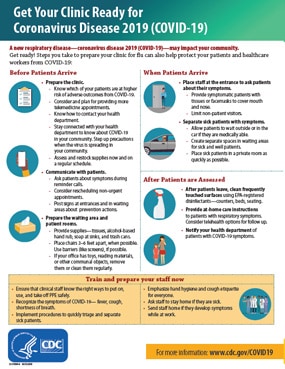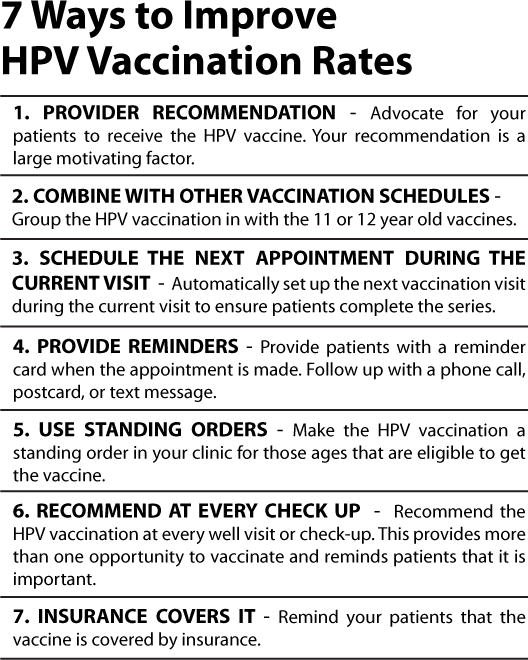

Please contact your healthcare provider for advice on how long to isolate. An updated COVID-19 vaccine provides enhanced protection against the variants currently responsible for most hospitalizations in the United States.

With the growing number of COVID-19 cases and the continued strain on the healthcare system from the Omicron variant, CDC has updated its guidance to protect healthcare workers, patients, and visitors. If you have a severe case, are hospitalized or are severely immunocompromised please follow the recommendations above, avoid contact with high-risk people and mask for 10-20 days. CDC Updates COVID-19 Infection Prevention and Control Guidance. Mask when you are around other people in the 10 days after you become sick or test positive.Avoid contact with high-risk individuals like people who live in congregate care facilities or people with with immunocompromising conditions for 10 days.Stay home until you have not had a fever for 24 hrs without using fever reducing medication and other COVID-19 symptoms are improving.However, you should be aware that you can get others sick. If you are infected with COVID-19 you do not need to isolate for a set number of days. If You Test Positive It is not necessary for you to report your positive test result to OHA.
#Cdc updated guidelines license#
Other License and Certificate Related Topics.Residential and Outpatient Behavioral Health.Since then, NAA testing has become a routine procedure in many settings because NAA tests can reliably detect Mycobacterium tuberculosis bacteria in specimens 1 or more weeks earlier than. Birth, Death, Marriage and Divorce Records Guidelines for the use of nucleic acid amplification (NAA) tests for the diagnosis of tuberculosis (TB) were published in 1996 ( 1) and updated in 2000 ( 2 ).Licenses and Certificates arrow_drop_down.Other Health System Reform Related Topics.Other Oregon Health Plan Related Topics.Do you qualify for OHP? (Opens in new window).Log into your OHP Account (Opens in new window) Updates to CDC’s COVID-19 Quarantine and Isolation Guidelines in Healthcare and Non-healthcare Settings Low Resolution Video Overview The Centers for Disease Control and Prevention (CDC) has recently updated COVID-19 quarantine and isolation recommendations for healthcare and non-healthcare settings.Other Program and Service Related Topics.CDC’s recommendations for use of (monovalent) Novavax or Johnson & Johnson’s Janssen COVID-19 vaccines were not affected by the changes made today.ĬDC and ACIP will continue to monitor COVID-19 disease levels and vaccine effectiveness in the months ahead and look forward to additional discussion around potential updates this fall. For young children, multiple doses continue to be recommended and will vary by age, vaccine, and which vaccines were previously received.Īlternatives to mRNA COVID-19 vaccines remain available for people who cannot or will not receive an mRNA vaccine.Individuals ages 6 years and older who have already received an updated mRNA vaccine do not need to take any action unless they are 65 years or older or immunocompromised.CDC recommends that everyone ages 6 years and older receive an updated (bivalent) mRNA COVID-19 vaccine, regardless of whether they previously completed their (monovalent) primary series.Monovalent (original) mRNA COVID-19 vaccines will no longer be recommended for use in the United States.This allows more flexibility for healthcare providers to administer additional doses to immunocompromised patients as needed. CDC’s new recommendations allow an additional updated (bivalent) vaccine dose for adults ages 65 years and older and additional doses for people who are immunocompromised.Close to 3 in 10 Americans should continue wearing masks in indoor public areas, including schools, the Centers for Disease Control and. Although there was no vote at this meeting, ACIP members expressed their support for these recommendations. Most Americans no longer need masks indoors, CDC says 02:00. Following FDA regulatory action, CDC has taken steps to simplify COVID-19 vaccine recommendations and allow more flexibility for people at higher risk who want the option of added protection from additional COVID-19 vaccine doses.ĬDC’s Advisory Committee on Immunization Practices (ACIP) met today to discuss these COVID-19 vaccine recommendation changes, and the associated implications and implementation.


 0 kommentar(er)
0 kommentar(er)
